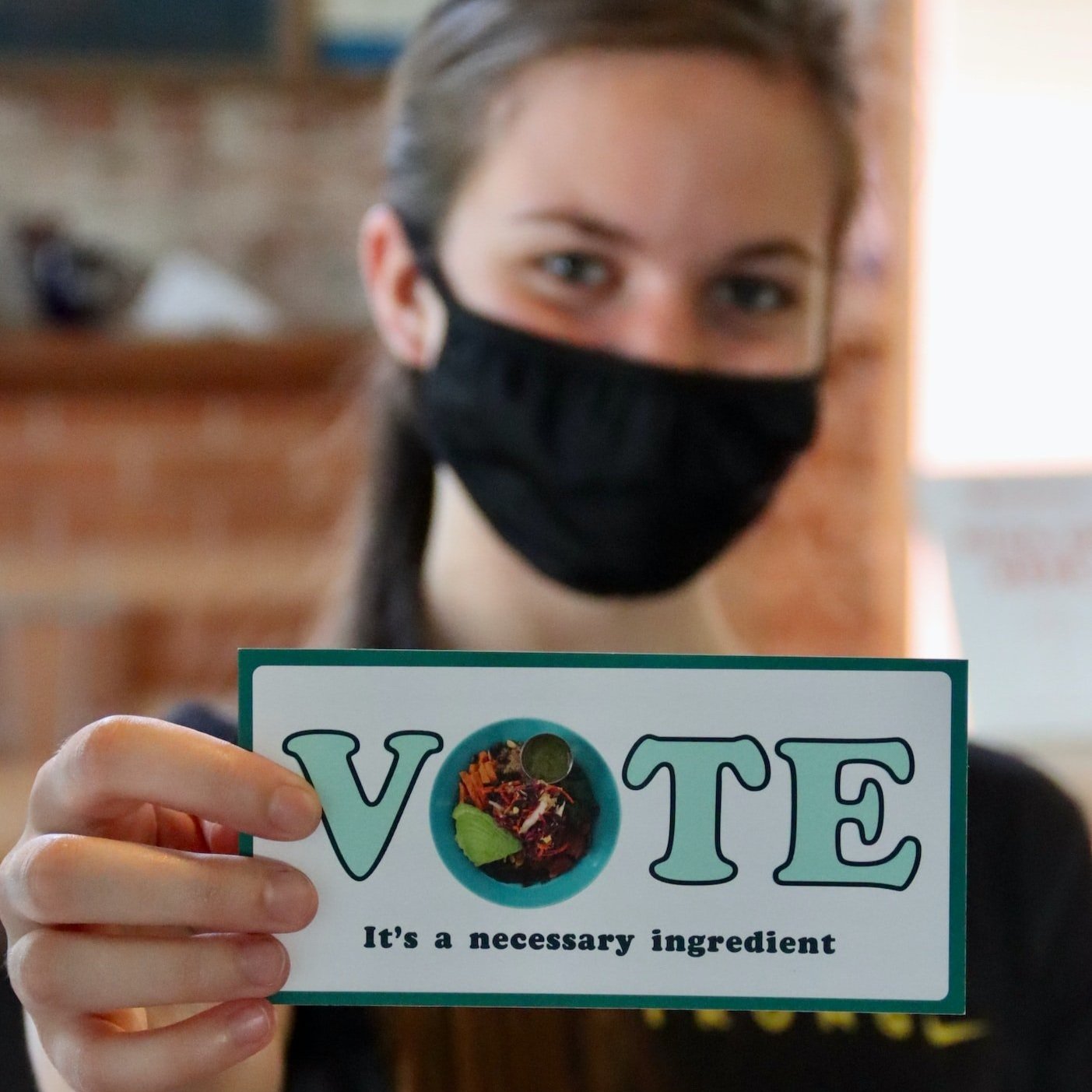
C2C’s NEWSLETTER:
on THE ISSUES

Republicans Allow Housing DiscriminatION
In a poll conducted in May 2021, 59% of North Carolinians, across major groups, agreed that the lack of affordable housing is a major problem in their community. Housing prices are so high, generally, that the people we need to support our daily lives, police officers, firefighters, teachers, home health providers, cleaners, retail employees, for example, find it difficult to impossible to live in the communities they serve.

Republicans scheme to further erode public education in North Carolina
Nicholas Kristof recently wrote an opinion piece in the NYT describing the progress Mississippi has made improving its public school standings. Through an all-out effort to get every child to read by the end of third grade, an effort informed by extensive reliance on research and metrics, Mississippi has shown that it is possible to raise standards even in a state ranked dead last in the country in child poverty and hunger. However, in the NAEP (National Assessments of Educational Progress) exams, in fact, Mississippi fourth graders in poverty are now tied for best performers in the nation in NAEP reading tests, and they rank second in math. Mississippi has moved from near the bottom to the middle for most of the exams. Mississippi is usually last in any school rankings leading other states to exclaim “Thank God for Mississippi!”

What NC can win: learning from Michigan and Minnesota’s “Trifecta” triumphs
In November, 2022, Democratic parties in both Michigan and Minnesota won what’s popularly known as the "trifecta”—taking the governorship and achieving slim majorities in both legislative houses. Assessing what’s been accomplished in just a year in these two formerly red states provides critical perspective on the immense importance of the 2024 election in North Carolina…and how we can win big.

Reflections on the Era of Mass Shootings
It would be the start of their senior year of high school and all that it entails: Homecoming, applying to colleges, senior pictures, prom, graduation. The end of an era of youth and the beginning of adulthood. A seemingly endless array of possibilities. I go through this weird mental exercise, imagining all the things they should be doing but are not. You see, my son was a first grader the year of the Sandy Hook massacre. Anytime he reaches a significant milestone, my mind briefly drifts to that classroom of kids his age who should be doing the same.

Republicans Still Refuse to Support Gun Safety Measures
Last December marked ten years since the mass shooting at Sandy Hook Elementary School in Newtown, Connecticut. Twenty six and seven year olds were gunned down. Six adult teachers and staff members also were murdered. The top NPR story on that ten-year anniversary was an interview with one of the mothers who spoke of her continuing grief, not only for her child, but also for her husband who committed suicide 2 years after the tragedy, because he simply could not go on living with his ever-present hopelessness.

Growing Up With Mass Shootings and Lockdown Drills
I was 15 months old when the Columbine shooting happened, too young to know a time when school shootings didn’t always hover at the edge of our collective consciousness. Every year we would go through the drills as if such practice would protect us. We got good at the hiding part, even making a competition of it: who could fit in the most hidden, cramped area of our classroom. I’ve seen classmates squeeze themselves under racks of chairs and into the crannies of bookcases. I don’t remember how young I was when I decided my best plan was to act like I was already dead. I don’t remember how young I was when I felt the need to expand that plan, deciding I would hide under dead bodies and paint myself with my classmates’ blood to survive.

NC Has opportunity to lead in environmental justice
One of the most important things to understand about human-driven climate change is that it does not (and will not) affect everyone equally. The concept of environmental racism—or how climate change exacerbates already existing systemic injustices tied to housing, healthcare, law enforcement, and public health—has thankfully become a more prominent talking point within conversations about climate change. Yet what many may not realize is that our understanding of “environmental justice,” at least in the United States, began here in North Carolina.

JUSTICE 40: The White House Tackles Environmental Justice
Now, almost 40 years after the calls for environmental justice by the concerned North Carolinians of Warren County, the Biden-Harris Administration has announced its second environmental Executive Order, one that will extend environmental justice and clean energy to all, regardless of race or income. This “whole-of-government commitment” directs all agencies under the executive branch to cement the link between the right to live in a clean environment and civil rights.

Bad bills, good bills: Election integrity
First, the wrong way. On June 1, 2023, three Republican senators, Ralph Hise, Paul Newton, and Warren Daniel, introduced Senate Bill 747, (the North Carolina General Assembly’s [GA] web page for the bill is here) “Election Law Changes” which provides that absentee ballots must be received at the Board of Elections by 7:30 PM on election day. This is a change from current law, which requires that ballots be postmarked by election day and received not more than three days later.

Students Must Prepare for Loan Repayment
The pause on student loan payments will now end “60 days after June 30,” or around Sept. 1, per the agreement between House Speaker Kevin McCarthy (R-CA) and President Joe Biden to raise the debt ceiling. With the ending of this pause, interest will once more begin to accrue on these loans. Interest has been one of the key drivers of surging student loan balances. When accrued interest is added to the original loan balance, future interest can increase, adding to the debt holder’s burden.

What Democrats Have Done For Us: A Report Card (Part I)
Working with Democrats in Congress, the Biden-Harris administration has designed major pieces of legislation to help Americans recover from the pandemic and get back to work — demonstrating that government can work for ordinary people — and, as the President likes to say, “restore the soul of our nation.”

Abortion, a Deeply Personal Decision
“Abortion is a deeply personal decision,” observed Rep. Tricia Cotham in 2015. “My womb and my uterus is not up for your political grab. Legislators–you–do not hold shares in my body, so stop trying to manipulate my mind.”

Bad bills, good bills
There is no shortage of candidates for bad bills this session to highlight in this inaugural edition of "Bad Bills - Good Bills," but the recent restriction on abortion rights by General Assembly Republican certainly merits to be top of the list.

Extreme Supreme court
It is terrifying to me that the highest court in the state has no respect for the rule of law: that they would literally disenfranchise thousands of North Carolinians in what the editorial rightly describes as an exercise of "raw politics."

To Be Among the Woke
The cautionary “stay woke” from African American vernacular traveled through the Civil Rights Movement and on into the Black Lives Matter Movement until the Right cleverly appropriated the term “woke,” repurposing the cautionary expression into a derogatory dismissive rebuke. Even more elastic than its predecessor “political correctness,” “woke” has become the Right’s ubiquitous term to apply to the ideas, people, books, and media they scorn, they fear, or they simply seek to dismiss.

ALEC: The Elephant in the ROOM
Most North Carolina Democrats who have lived here for the past decade know that 2011 was the year when everything changed. But once the new state legislature was in place, led by Speaker Thom Tillis and Majority Leader Phil Berger, it was the American Legislative Exchange Council (ALEC)—funded by the same corporate interests—that shaped the key elements of that transformation.

ALEC’s Sinister Plans
No one knew anything about ALEC until Trayvon Martin’s murder in Florida. It turned out that Florida’s Stand Your Ground Act was based on an ALEC model, and groups around the country from Common Cause to Color of Change started a boycott movement against companies that participated in ALEC. The boycott was effective: ALEC lost a lot of members and decided to move out of social issues and concentrate on legislation that directly affected corporate well-being — like preventing efforts to fight climate change by boycotting fossil fuel companies.

Republicans Stash Billions
Federal stimulus fueled a faster than expected economic recovery. As a result, state revenues exceeded expectations by billions of dollars. Instead of spending those funds to address pressing needs in our state, legislators chose to sideline more than $4 billion through a variety of reserves.

We can expand medicaid now
On Valentine's Day hundreds of advocates for Medicaid Expansion swarmed through the General Assembly, visiting Representatives and Senators to urge them to finally support Medicaid Expansion. For 10 years Republicans have been holding back on the grounds that the Federal Government wouldn't come through with their promised 90% of reimbursement for the 600,000 working adults who make too much to qualify for traditional Medicaid, and too little to afford health insurance on the Affordable Care marketplace.
We took a carrots approach: handing out valentines and candy hearts with notes that said: Wouldn't it be sweet if we expanded Medicaid?

Democrats and the Youth Vote
In November’s midterm, Democrat Cheri Beasley lost her Senate race to Republican Ted Budd. Republicans gained a supermajority in the NC State Senate, and they fell short by only a single seat of securing a supermajority in the NC State House. Sadly, with less than ⅓ of registered voters aged 18-40 turning out, NC Democrats failed to mobilize young voters. The turnout of registered minority voters in that age group was even more disappointing with only ⅕ of registered Black and Hispanic voters under 41 casting ballots.
